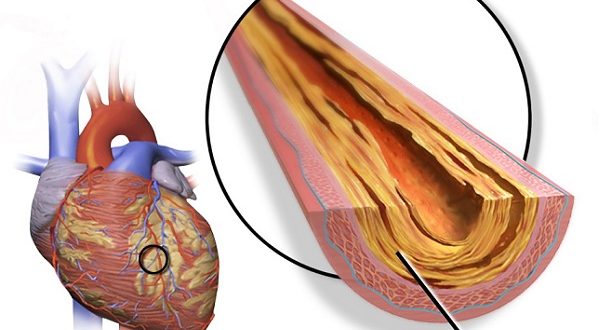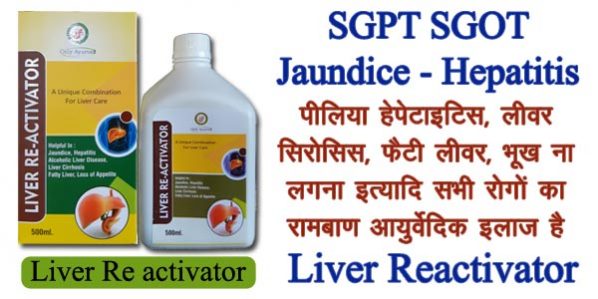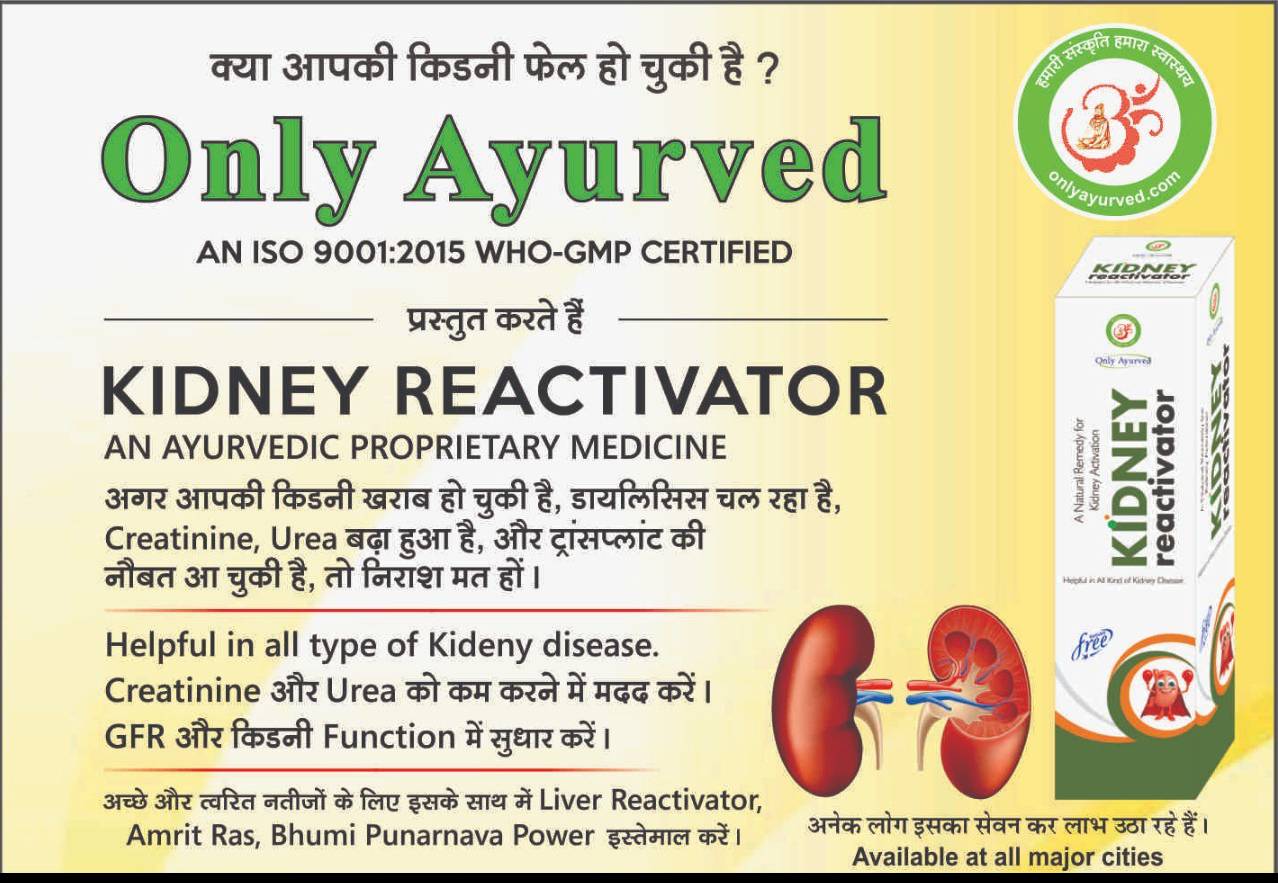Heart Disease
Heart disease (also known as cardiovascular disease) is the leading cause of death in the United States, according to the Centers for Disease Control and Prevention (CDC). This broad term encompasses a wide range of cardiovascular problems, including:
- coronary artery disease
- heart rhythm abnormalities (arrhythmia)
- hardening of the arteries (atherosclerosis)
- heart infections
- congenital heart defects
Heart attacks, strokes, and other complications can arise when blood vessels become blocked or narrowed. While heart disease can be deadly, it’s also preventable in most people. By adopting healthy lifestyle habits early, you can potentially live longer with a healthier heart.
RISKS
What Are Some Risk Factors for Heart Disease?
There are many risk factors for heart disease, some are preventable and others are not. The CDC says that 49 percent of Americans have at least one risk factor. Some of these include:
- high blood pressure (hypertension)
- high cholesterol (and low HDL levels)
- smoking
- obesity
- physical inactivity
Smoking, for example, is a preventable risk factor. People who smoke double their risk of developing heart disease, according to the National Diabetes Information Clearinghouse.
Those with diabetes may also be at higher risk for heart disease because high blood glucose levels increase the risk of:
- chest pain (angina)
- heart attack
- stroke
- coronary artery disease
If you have diabetes, it’s essential to control your glucose to limit your risk for developing heart disease. The American Heart Association reports heart disease is the most common cause of disability in people with type 2 diabetes.
Family history, ethnicity, sex, and age are other risk factors. These risk factors are not preventable. Family history, according to the Mayo Clinic, is defined as a family member that developed heart disease:
- under 55 years of age for men (especially a father or brother)
- under 65 for women (mother and sister)
Ethnicity is also a factor. Asian and African ancestry groups are at increased risk for heart disease than other groups. Also, men are at greater risk for heart disease than woman.
Finally, your age can increase your risk for stroke. According to the World Heart Federation, after age 55 your risk for stroke doubles each decade.
How Can I Prevent Heart Disease?
As mentioned previously, some risk factors for heart disease can’t be prevented — your family history, for example. But it’s still important to lower your chance of developing heart disease by decreasing the risk factors that you can control.
Having healthy blood pressure and cholesterol ranges are some of the first steps you should take for a healthy heart. A healthy blood pressure is considered less than 120 systolic and 80 diastolic (often expressed as “120 over 80” or “120/80 mm Hg”). Systolic is the measurement of pressure while the heart is contracting. Diastolic is the measurement when the heart is resting. Higher numbers indicate that the heart is working too hard to pump blood.
Your goal for cholesterol readings will depend on your risk factors and heart health history. If you’re at a high risk of heart disease, have diabetes, or have already had a heart attack, your target levels will be below those recommended for people with low or average risk.
As simple as it sounds, managing stress can also lower your risk. Don’t underestimate chronic stress as a contributor to heart disease. Speak with doctor if you’re frequently overwhelmed, anxious, or are coping with stressful life events, such as moving, changing jobs, or going through a divorce.
Eating healthy and exercising regularly are also important. Make sure to avoid foods high in saturated fat and salt. The Mayo Clinic recommends 30 to 60 minutes of exercise on most days. Check with your doctor to make sure you can safely meet these guidelines — especially if you already have a heart condition.
If you smoke, stop. The nicotine in cigarettes causes blood vessels to constrict, making it harder for oxygenated blood to circulate, which can lead to atherosclerosis.
What Can I Do After Receiving a Heart Disease Diagnosis?
If you’ve recently been diagnosed with heart disease, talk to your doctor about steps you can take to stay as healthy as possible. You can prepare for your appointment by creating a detailed list of your everyday habits. Possible topics include:
- medications you take
- your regular exercise routine
- your typical diet
- any family history of heart disease or stroke
- personal history of high blood pressure or diabetes
- any symptoms you’re experiencing (such as racing heart, dizziness, or lack of energy)
Seeing your doctor regularly is just one lifestyle habit you can take on. This way, any potential issues can be caught as early as possible. Certain risk factors, such as high blood pressure, may be treated with medications to lower your risk of heart disease.
Your doctor may also provide tips for:
- quitting smoking
- controlling blood pressure
- exercising regularly
- maintaining healthy cholesterol levels
- losing weight
- eating healthily
Tackling these changes all at once might not be possible. Discuss with your healthcare provider which lifestyle changes will have the biggest impact. Even small steps toward these goals will help keep you at your healthiest.
Is There a Cure for Heart Disease?
Heart disease can’t be cured or reversed. It requires a lifetime of treatment and careful monitoring. Many of the symptoms of heart disease can be relieved with medications, procedures, and lifestyle changes. When these methods fail, coronary intervention or bypass surgery might be used. Still, there is no way to reverse the damage to your arteries. It’s important to take charge of your overall health now.
Courtesy https://www.healthline.com
Article Resources
- Heart disease – MayoClinic.com. (n.d.). Mayo Clinic.
April 6, 2012, http://www.mayoclinic.com/health/heart-disease/DS01120 - The Heart Truth: A Campaign For Women About Heart Disease, HHS, NIH, NHLBI. (n.d.). NIH Heart, Lung and Blood Institute.
April 6, 2012, http://www.nhlbi.nih.gov/educational/hearttruth - The Link Between Diabetes and Cardiovascular Disease. (n.d.). National Diabetes Education Program.
April 6, 2012, ndep.nih.gov/media/CVD_FactSheet.pdf - What is Heart Disease?, HHS, NIH, NHLBI. (n.d.). NIH Heart, Lung and Blood Institute.
April 6, 2012, http://www.nhlbi.nih.gov/educational/hearttruth/lower-risk/what-is-heart-disease.htm
 Only Ayurved आयुर्वेद जीवन जीने की कला हैं, हम बिना दवा के सिर्फ अपने खान पान और जीवन शैली में थोड़ा बदलाव कर के आरोग्य प्राप्त कर सकते हैं।
Only Ayurved आयुर्वेद जीवन जीने की कला हैं, हम बिना दवा के सिर्फ अपने खान पान और जीवन शैली में थोड़ा बदलाव कर के आरोग्य प्राप्त कर सकते हैं।



















